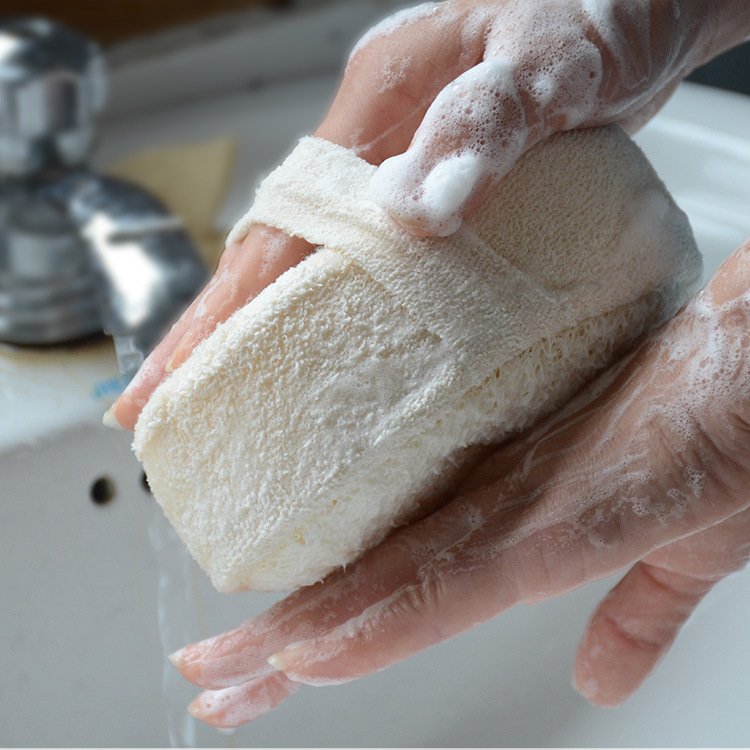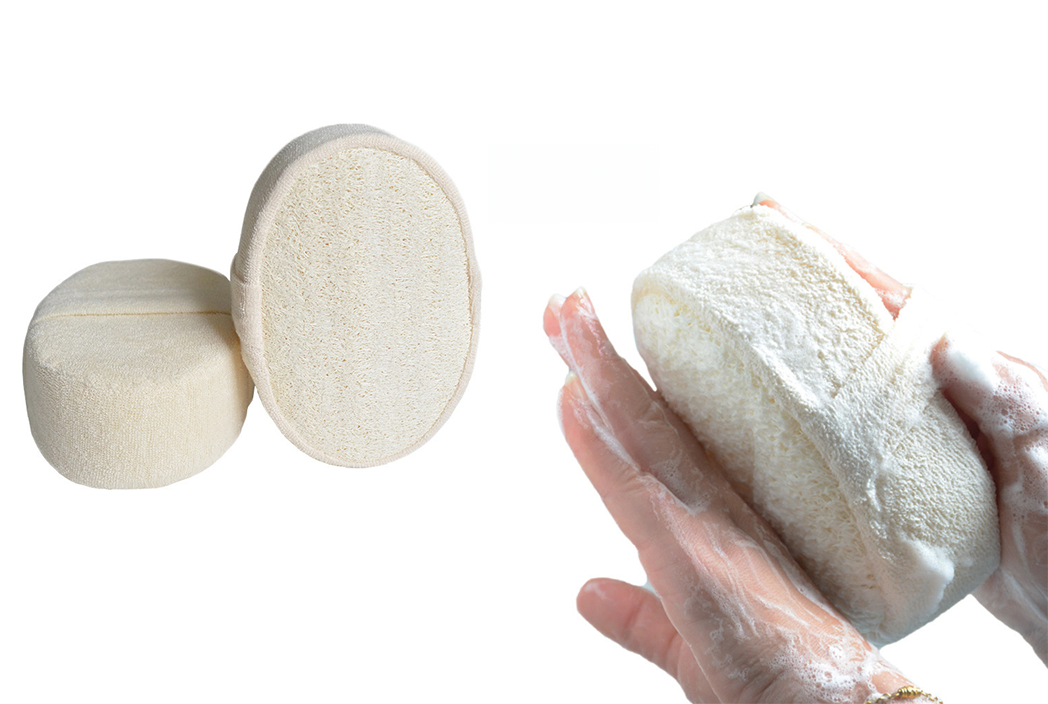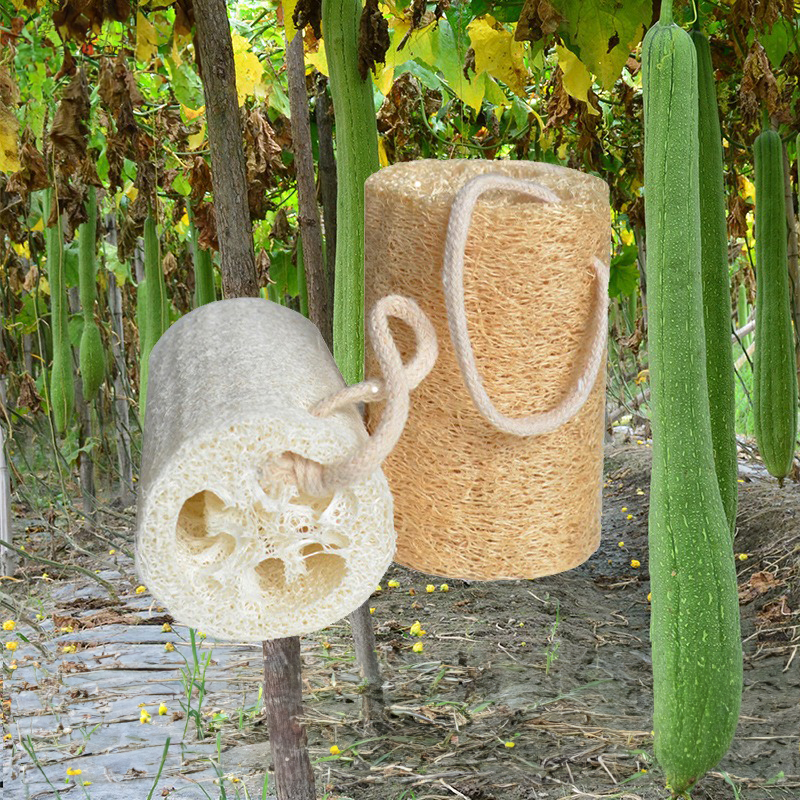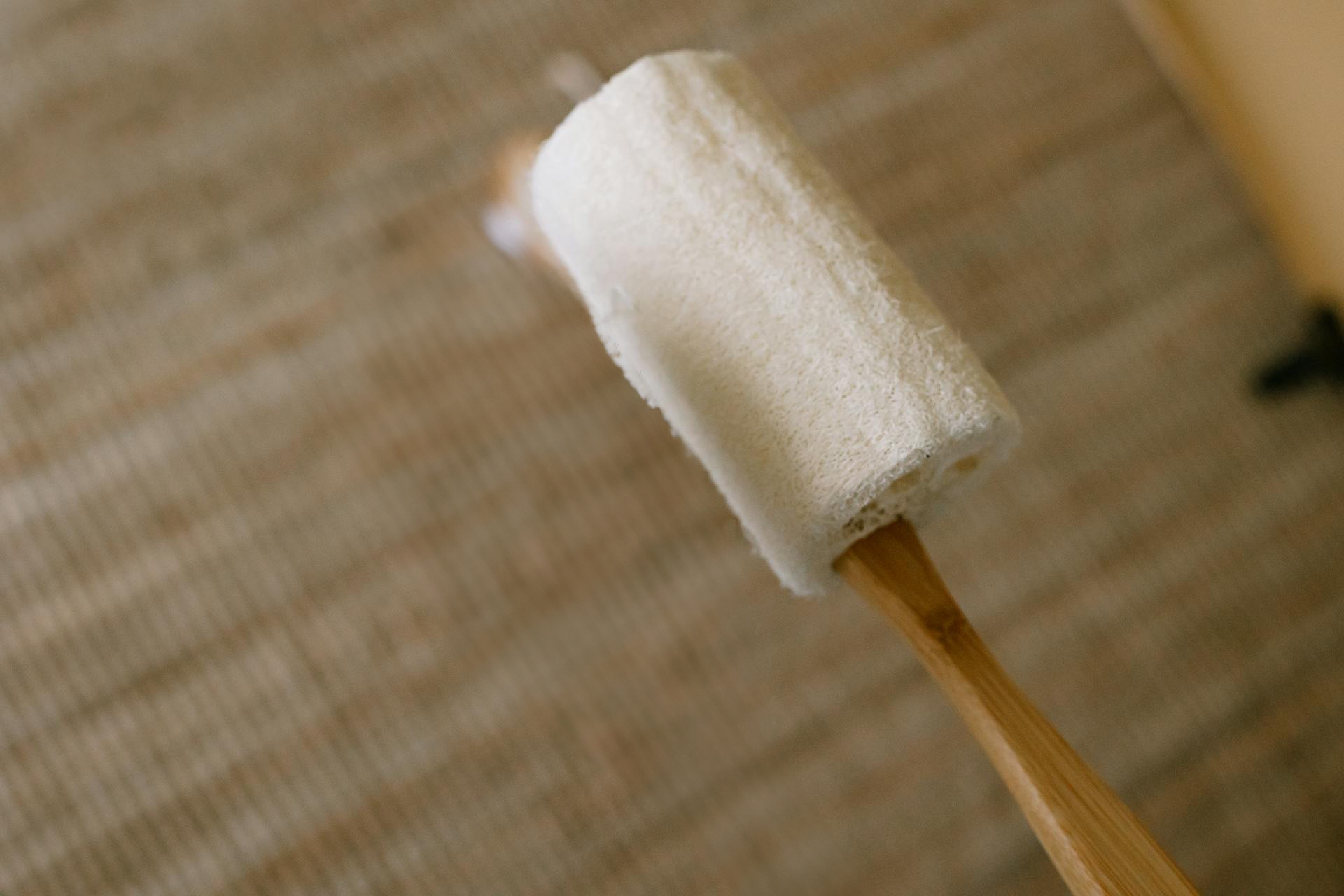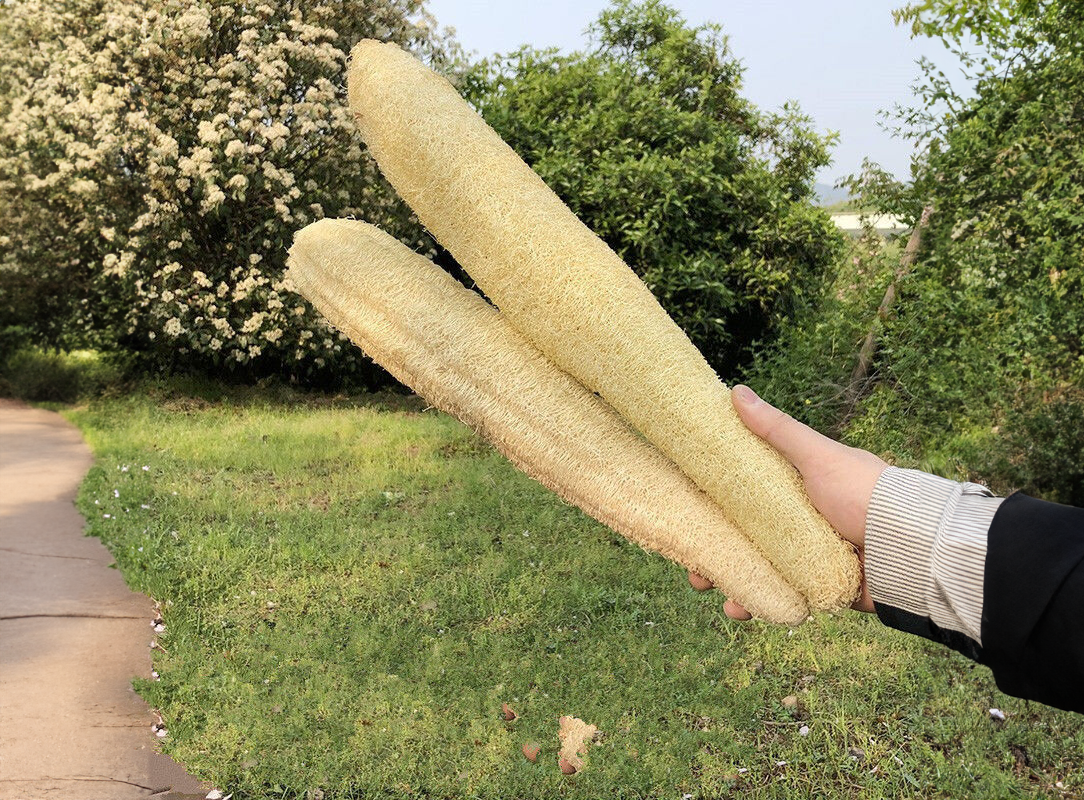Introduction:
In an era marked by environmental awareness, making sustainable choices for everyday tasks is crucial. One such choice is opting for a natural dish sponge for your cleaning needs. These eco-friendly alternatives, also known as natural sponges for dishes and natural sponges for cleaning, offer a blend of effectiveness and planet-friendly features. In this article, we will delve into the world of natural sponges, explore the various types, and understand why they’re gaining importance in eco-conscious households.

Importance of Natural Sponges: Natural dish sponge, natural sponges for dishes, and natural sponges for cleaning are all part of a broader sustainability trend. They offer a renewable, biodegradable, and chemical-free solution for cleaning, which resonates with individuals looking to minimize their ecological impact. The significance of these eco-friendly sponges is clear: they are effective, environmentally responsible, and safe for both your dishes and the planet.
Main Part:
Types of Environmentally Friendly Sponges:
- CELLULOSE
- COCONUT
- SISAL
- HEMP
- LOOFAH
- BAMBOO
- KONJAC
Detailed Information and Pros and Cons: a. CELLULOSE: Cellulose sponges, commonly used as natural dish sponges, are known for their high absorbency. However, they might break down quickly, making them less durable.
b. COCONUT: Natural sponges for cleaning made from coconut fibers are durable and resistant to odors and bacteria. Their rough texture can be beneficial for scrubbing, but it may be too abrasive for delicate surfaces.
c. SISAL: Sisal sponges are tough on stains, making them a preferred choice for natural sponges for dishes. However, their abrasive nature may not be suitable for all surfaces.
d. HEMP: Hemp sponges are highly absorbent and mold-resistant, ideal for natural sponges for cleaning. Nevertheless, they can be rough on dishes, so consider your cleaning needs.
e. LOOFAH: Loofah sponges excel in scrubbing tasks, making them versatile natural sponges for cleaning. Yet, they may wear out relatively quickly, requiring replacement.
f. BAMBOO: Bamboo sponges are sustainable, durable, and gentle on surfaces. They make excellent natural sponges for dishes, although they might not be as absorbent as some other options.
g. KONJAC: Natural sponges for dishes and natural sponges for cleaning made from Konjac are gentle on skin and surfaces. However, they have a shorter lifespan compared to some other alternatives.
Detailed Reviews (in the table):
| Sponge Type | Pros | Cons |
|---|---|---|
| CELLULOSE | Highly absorbent, biodegradable | Breaks down quickly |
| COCONUT | Durable, resistant to odors and bacteria | Rough texture |
| SISAL | Tough on stains | Abrasive on delicate surfaces |
| HEMP | Absorbent, long-lasting, mold-resistant | Rough on dishes |
| LOOFAH | Effective scrubbing | Wears out quickly |
| BAMBOO | Sustainable, durable, gentle | Less absorbent |
| KONJAC | Gentle on skin and dishes | Shorter lifespan |
In summary, these natural dish sponges, natural sponges for dishes, and natural sponges for cleaning provide an eco-conscious approach to your cleaning routines, offering a wide range of sustainable alternatives for your dishwashing and cleaning needs.
FAQ:
Q1: Are natural sponges safe for dishwashing?
A1: Yes, natural sponges are safe for dishwashing. They are free from harmful chemicals and gentle on your dishes.
Q2: How do I clean and maintain natural sponges?
A2: Natural sponges can be cleaned by soaking them in a mixture of water and vinegar or microwaving them. Make sure to let them dry thoroughly between uses to prevent bacteria growth.
Q3: Can I use natural sponges for other cleaning tasks besides dishes?
A3: Absolutely! Natural sponges are versatile and can be used for cleaning various surfaces, including countertops, bathroom tiles, and even as a gentle exfoliator for the skin.



